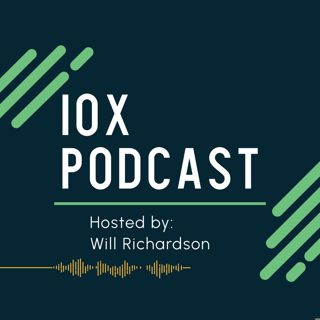Om avsnittet
• Dr. Donoghue describes the pervasiveness of poor listening. He also describes how we tend to focus on ourselves as the listener, hearing what we want to hear as it relates to us, as opposed to what the speaker wants to communicate. He then talks about the cost of not listening and the benefits of listening better. • We had a great discussion about some of the challenges that financial advisors and professionals have, such as wanting to communicate how much we know versus listening to what people have to say. A related issue can be that we want to solve the problem as opposed to listening to what the person means to communicate. • Dr. Donoghue describes some of the examples of non-listening, giving advice, judging, and some specific ways we can learn to be better listeners even after becoming aware of our non-listening behaviors. He talks about how difficult it is, what we can do about it by starting to become better listeners ourselves and become better listeners of ourselves. • Dr. Donoghue talks about the idea of direct-sharing. The first thing was earlier we went through some role play where he showed me examples of not listening as I was talking through some things, really fascinating. And the idea of direct-sharing and vulnerability that was powerful. • We talked about the idea of how important it is to be vulnerable and share how we really feel, and how that doesn't really happen in our society. He shares some specific examples of how do you help someone when they just lost someone important to them, versus the cliches that we often hear. And how to show people that we appreciate them during their lifetime versus after they've left us.
